Books have the incredible power to shape our thoughts, challenge our beliefs, and open our minds to new perspectives. For women especially, certain books can feel like trusted friends offering guidance, validation, and inspiration during life’s journey.
The following fifteen books explore female experiences across different cultures, time periods, and circumstances – each offering unique wisdom that resonates with women’s lives today.
1. The Color Purple by Alice Walker
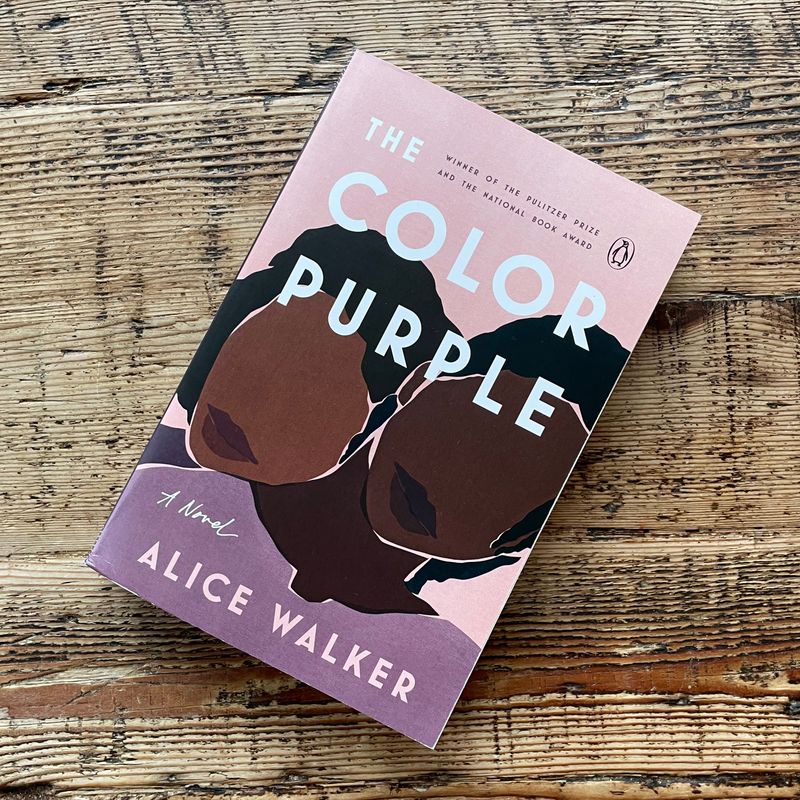
This Pulitzer Prize-winning novel follows Celie, a young Black woman in the rural South, as she overcomes tremendous adversity and discovers her own voice. Walker’s masterpiece addresses difficult topics like abuse and racism with unflinching honesty.
Through beautiful letters written to God and later to her sister, Celie’s journey from oppression to empowerment unfolds in ways that will break and mend your heart. Her story reminds us that even in the darkest circumstances, finding one’s voice can lead to liberation.
The novel celebrates the bonds between women as sources of strength and healing in a world that often tries to silence them.
2. Pride and Prejudice by Jane Austen
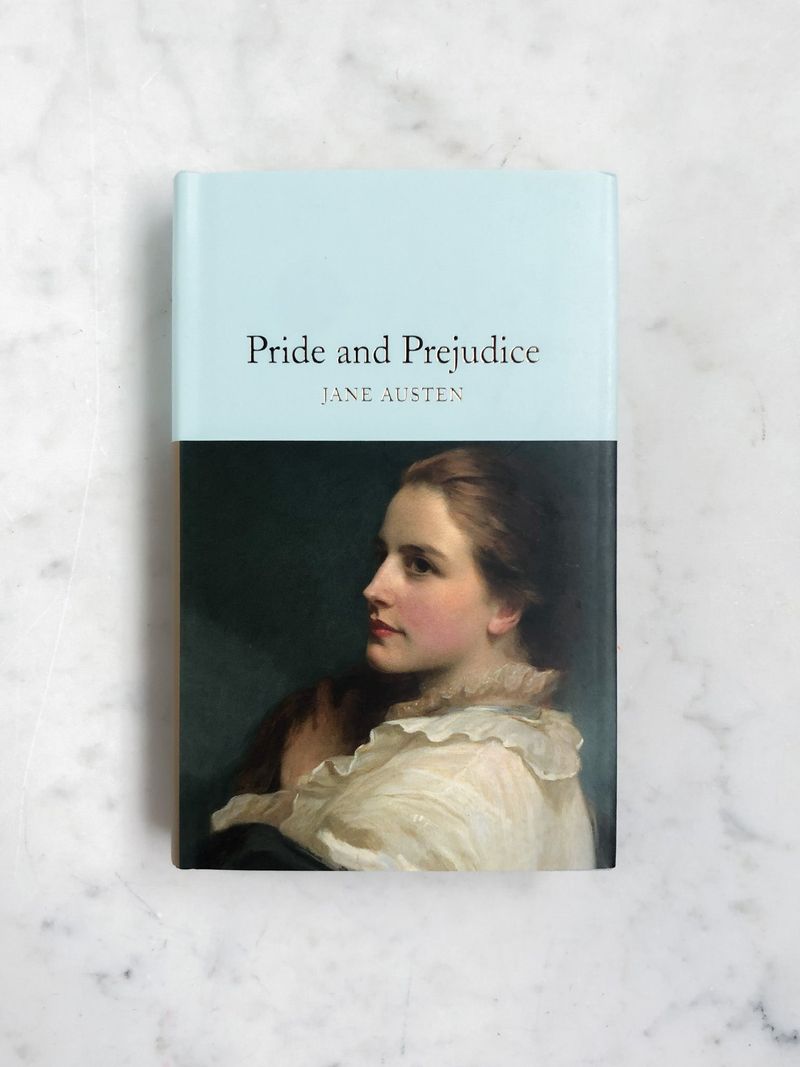
Written over 200 years ago, this romantic comedy of manners remains startlingly relevant with its sharp social observations and unforgettable characters. Elizabeth Bennet’s journey challenges the marriage expectations placed on women of her time.
Austen crafts a heroine who values her own judgment above societal pressure, refusing to marry without both respect and love. The sparring between Elizabeth and Mr. Darcy creates some of literature’s most delicious dialogue as they overcome their initial impressions of each other.
Beyond the romance, the novel offers a fascinating window into women’s limited options in the early 19th century.
3. Beloved by Toni Morrison
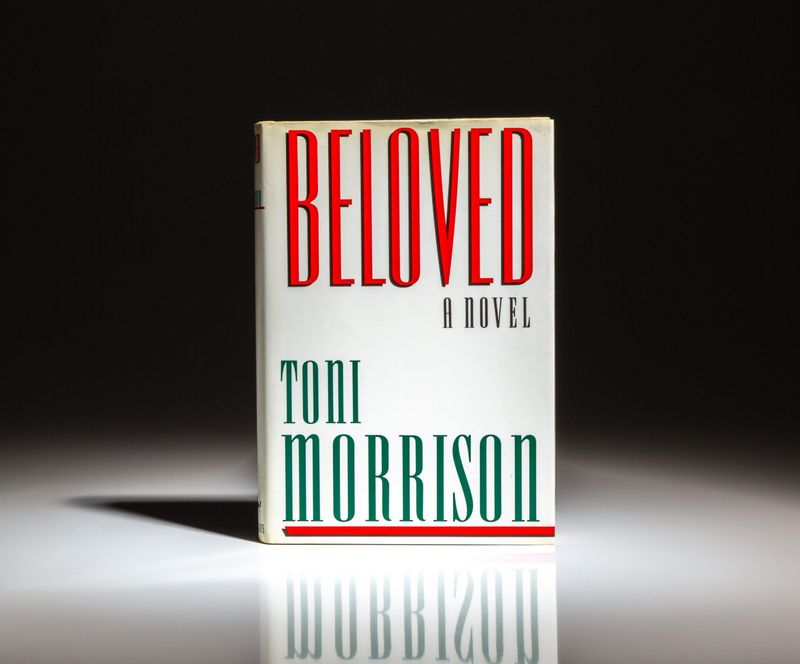
Morrison’s haunting masterpiece tells the story of Sethe, an escaped slave whose past literally returns to haunt her in the form of her dead daughter’s ghost. The novel confronts the psychological scars of slavery with poetic language that doesn’t flinch from horror yet finds beauty in survival.
Morrison weaves together memory, ghost story, and historical fiction to explore motherhood under impossible circumstances. Her characters grapple with what it means to be free when the past refuses to release its grip.
Reading this book means encountering difficult truths about American history through the experiences of Black women whose stories were long silenced.
4. The Handmaid’s Tale by Margaret Atwood
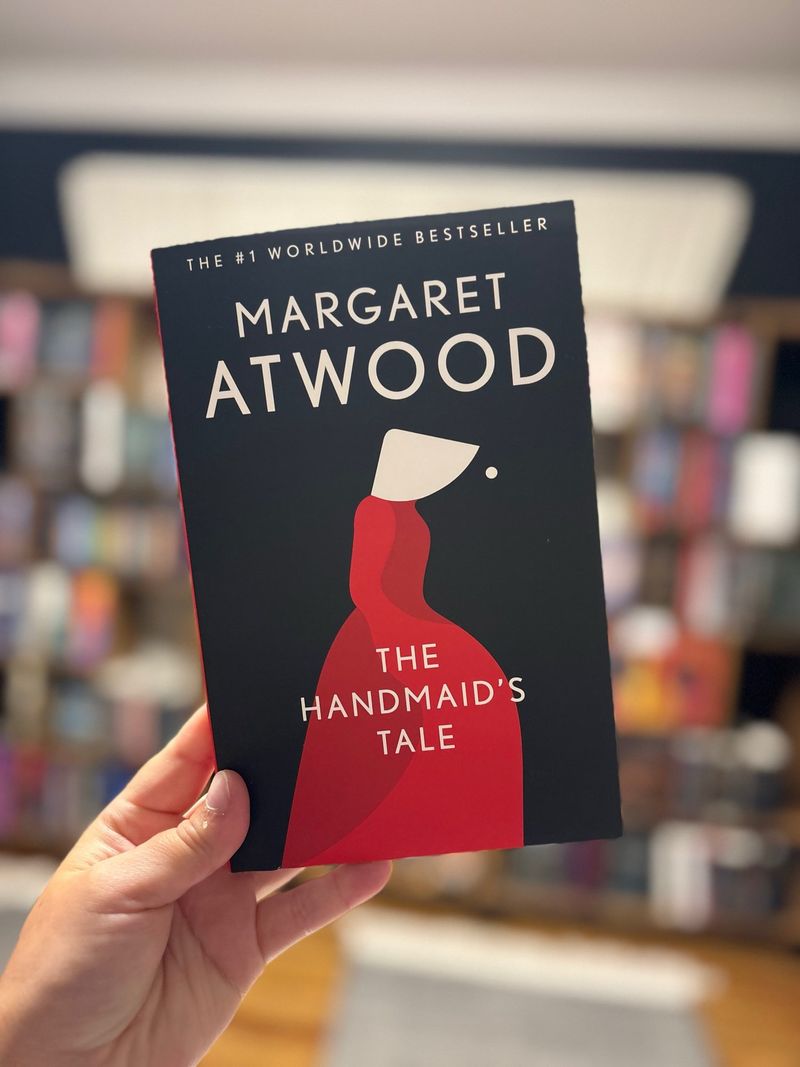
Set in a dystopian future where environmental disasters have led to widespread infertility, this chilling novel follows Offred, a woman forced to serve as a reproductive surrogate in a totalitarian society. Atwood’s frightening vision shows how quickly women’s rights can be stripped away when extremism takes hold.
The story unfolds through Offred’s personal narrative as she navigates daily life in Gilead, where women are categorized by their reproductive functions. Her memories of life before the regime provide stark contrast to her current imprisonment.
Many readers find the novel’s warnings about religious fundamentalism and environmental collapse increasingly relevant to our contemporary world.
5. Little Women by Louisa May Alcott
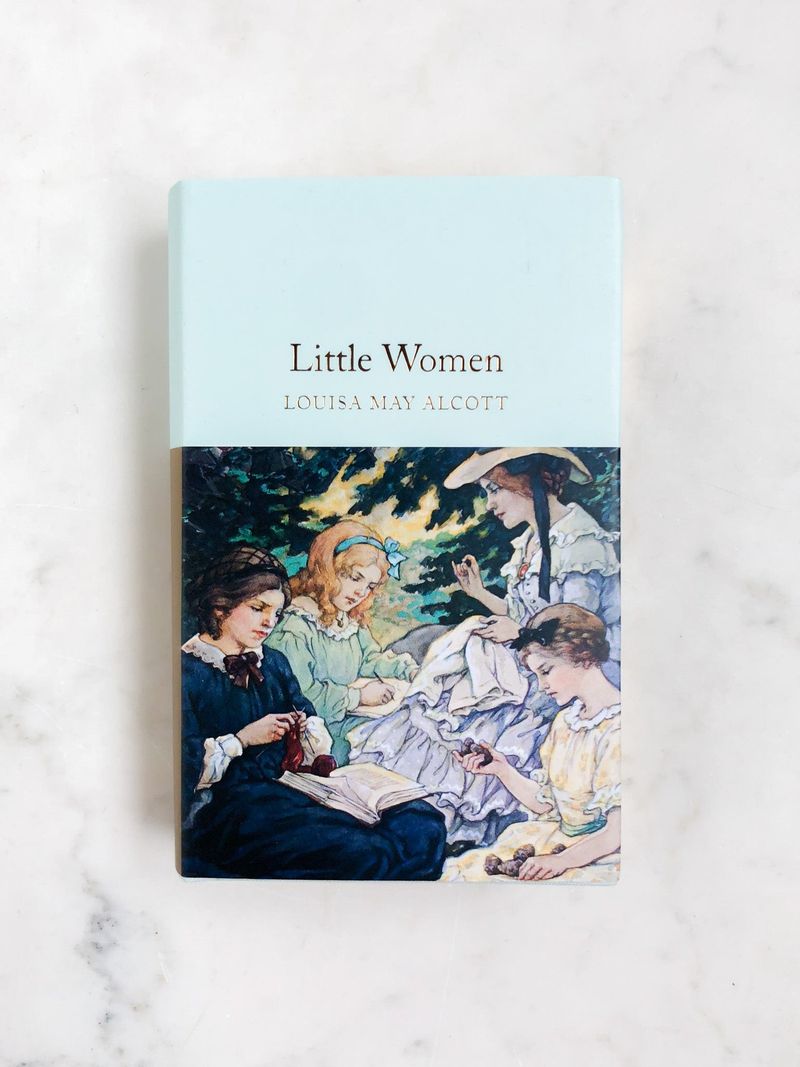
The March sisters—practical Meg, fiery Jo, gentle Beth, and artistic Amy—have inspired generations of readers with their coming-of-age journeys during the Civil War era. Alcott’s semi-autobiographical novel portrays these four distinct personalities navigating poverty, illness, romance, and creative ambitions.
Jo March stands out as a revolutionary character who challenges 19th-century gender expectations with her literary ambitions and refusal to conform. The sisters’ loving but complicated relationships with each other reflect the realities of family dynamics.
This timeless story continues to resonate because it honors both traditional feminine virtues and the yearning for independence that shapes women’s lives.
6. The Awakening by Kate Chopin
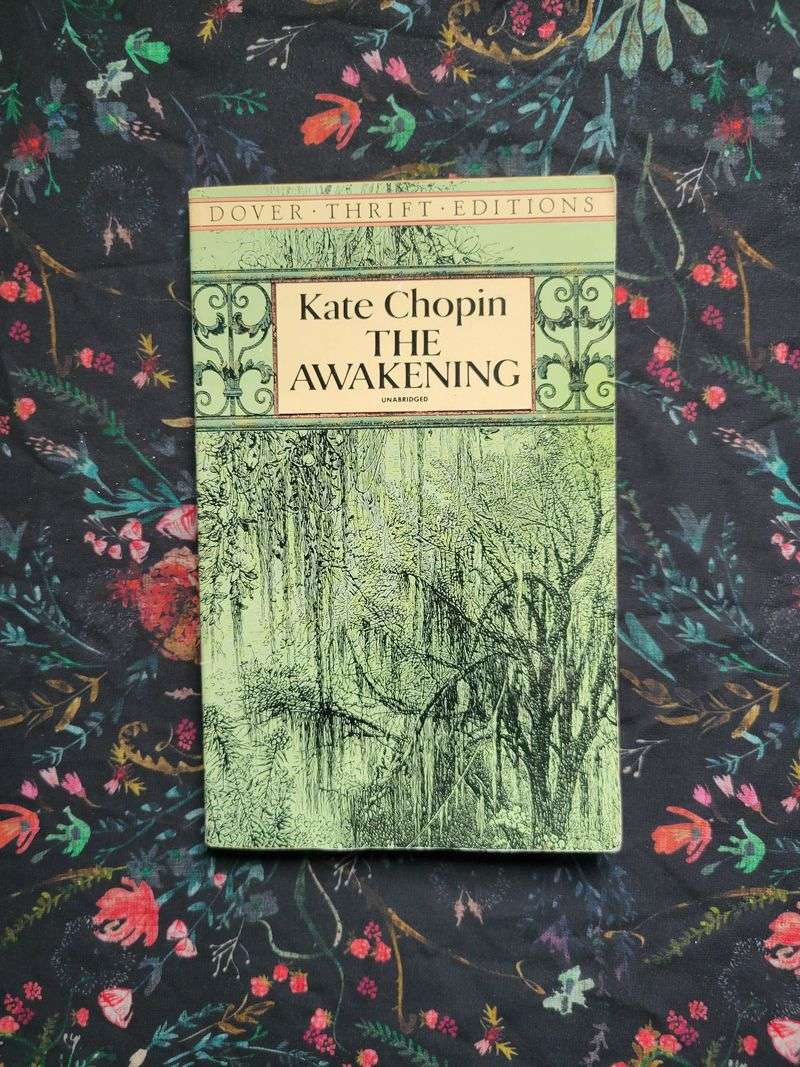
Published in 1899 to scandal and criticism, this revolutionary novel follows Edna Pontellier as she awakens to her desires beyond the confines of marriage and motherhood. Chopin’s brave exploration of female sexuality and independence was far ahead of its time.
Set against the sensuous backdrop of Grand Isle, Louisiana, the story traces Edna’s growing awareness of her own needs as distinct from society’s expectations. Her swimming becomes a powerful metaphor for her journey toward self-determination.
The novel raises questions about the price women pay for autonomy that remain relevant today, making it a foundational text in understanding women’s struggles for personal freedom.
7. The Bell Jar by Sylvia Plath
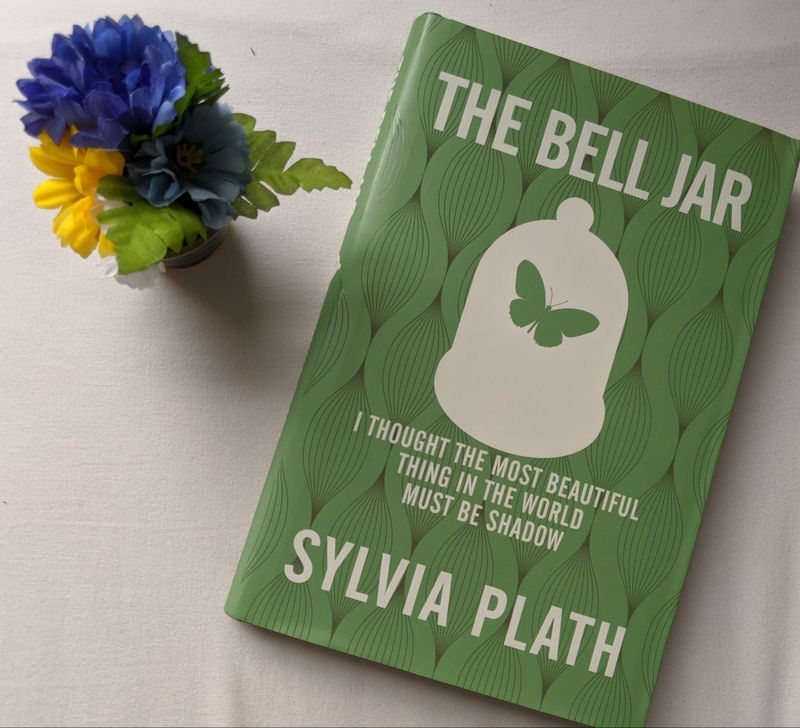
Plath’s semi-autobiographical novel chronicles Esther Greenwood’s descent into mental illness against the backdrop of 1950s America. The suffocating pressure to conform to narrow female roles is captured in the bell jar metaphor – a glass container that distorts vision while slowly suffocating its inhabitant.
Esther’s brilliant mind and literary ambitions clash with societal expectations that she prioritize marriage over career. Her breakdown unfolds with haunting clarity as she navigates psychiatric treatment during an era when women’s psychological suffering was often dismissed.
The raw honesty about depression and the search for identity makes this book particularly meaningful for young women grappling with similar pressures today.
8. Circe by Madeline Miller
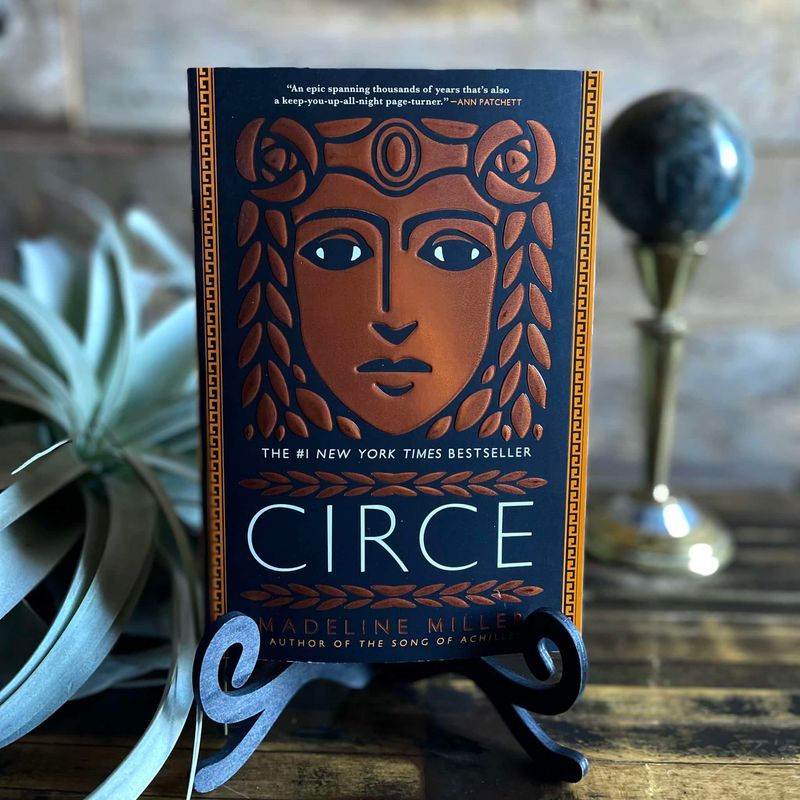
Miller brilliantly reimagines the story of Circe, a minor goddess from Homer’s Odyssey, transforming her from a one-dimensional witch into a complex woman discovering her power across centuries. Banished to a remote island for her forbidden magic, Circe develops her craft in solitude.
The novel spans thousands of years as immortal Circe encounters famous mythological figures, from the Minotaur to Odysseus himself. Her perspective as an outsider among gods and a powerful figure among mortals creates a unique lens on ancient stories.
At its heart, this is a tale about a woman creating her own identity separate from the definitions imposed by others.
9. Persepolis by Marjane Satrapi
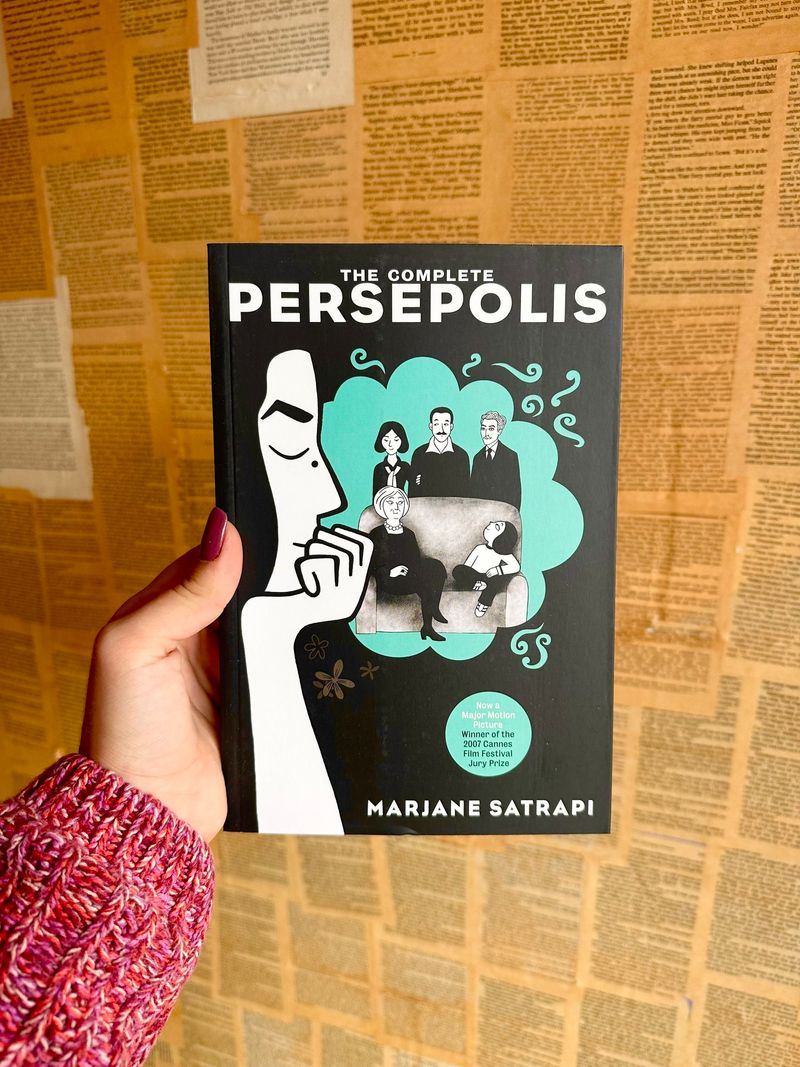
This powerful graphic memoir chronicles Satrapi’s childhood in Iran during the Islamic Revolution through striking black-and-white illustrations. Young Marji navigates political upheaval, war, and the sudden restrictions placed on women’s freedoms with curiosity and rebellion.
Sent to Europe as a teenager to escape danger, she struggles with cultural identity and displacement. Her return to Iran as a young adult reveals a changed country where she must relearn how to exist as a woman under increasingly strict religious rule.
Satrapi’s personal story offers readers an intimate window into Iranian history and the universal challenges of growing up between cultures.
10. We Should All Be Feminists by Chimamanda Ngozi Adichie
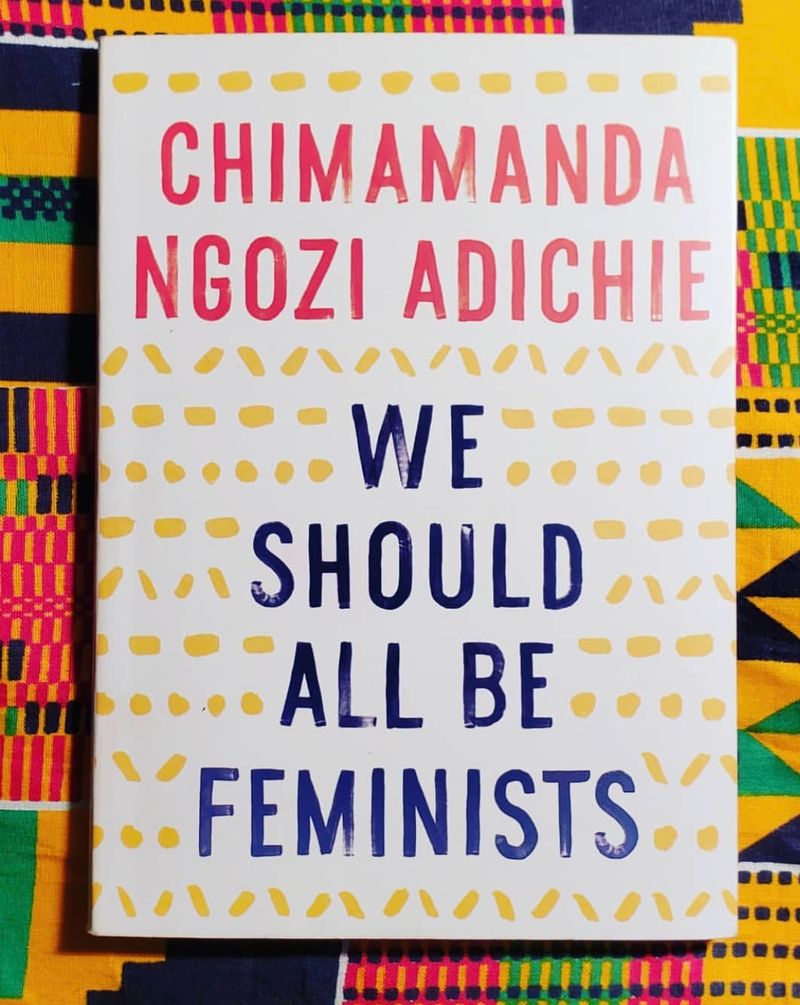
Based on Adichie’s viral TED talk, this pocket-sized essay offers an accessible introduction to modern feminism through personal anecdotes and sharp observations. Her experiences growing up in Nigeria and living in America provide cross-cultural insights into gender inequality.
Adichie addresses how harmful gender expectations limit both women and men. She makes a compelling case for why feminism benefits everyone, not just women, by challenging readers to imagine a more equal world.
The book’s straightforward language and brief format make complex ideas about systemic discrimination approachable for readers new to feminist concepts, while still offering depth for those familiar with the subject.
11. I Am Malala by Malala Yousafzai
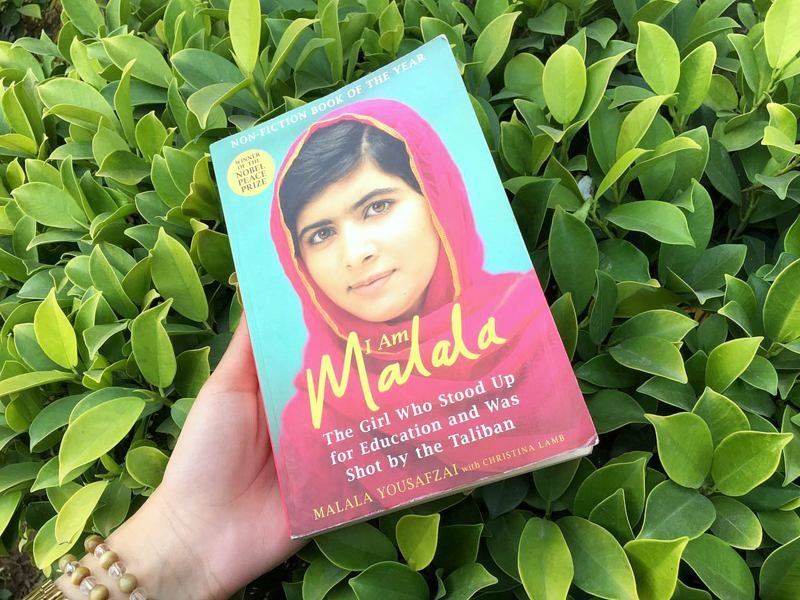
Shot by the Taliban at age 15 for advocating girls’ education, Malala’s memoir recounts her extraordinary journey from the Swat Valley in Pakistan to becoming the youngest Nobel Peace Prize winner. Her father’s encouragement of her education stands in stark contrast to the growing extremism in their community.
Malala brings readers into her childhood world – her love of school, friendships, and family life – making the Taliban’s takeover all the more shocking. After surviving the assassination attempt, she emerges as an even more powerful voice for educational rights.
Her courage reminds us that sometimes the youngest voices speak the most important truths.
12. Educated by Tara Westover
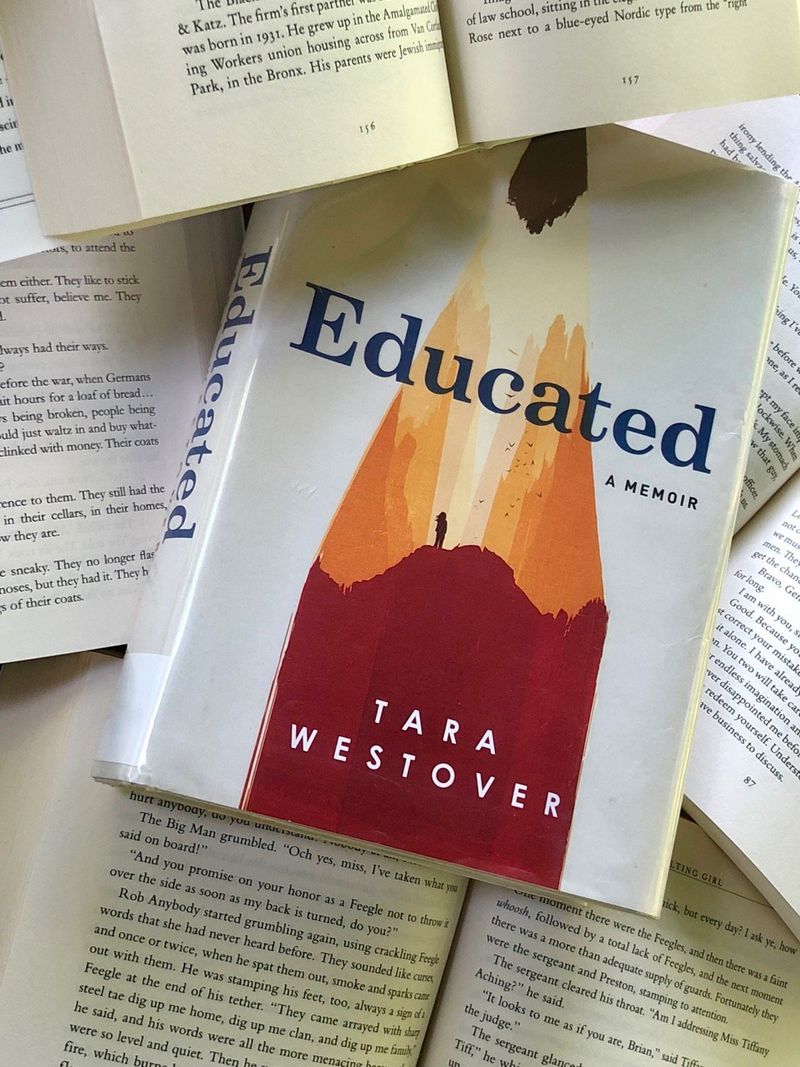
Born to survivalist parents in rural Idaho, Westover had no birth certificate, formal education, or medical care until she taught herself enough to gain college admission at seventeen. Her journey from mountain isolation to Cambridge University reveals education’s transformative power.
Family loyalty collides with her growing awareness of abuse and deception as she struggles to define herself beyond her father’s apocalyptic worldview. Westover’s precise, thoughtful prose captures the pain of separating from family while acknowledging the gifts they gave her.
This remarkable memoir explores how education becomes not just academic learning but a pathway to discovering one’s own mind and voice.
13. Untamed by Glennon Doyle

Part memoir, part manifesto, Doyle’s bestseller chronicles her journey from living according to others’ expectations to embracing her authentic self. Her story begins with falling in love with soccer player Abby Wambach while still married to her husband, forcing her to question everything she thought she knew about herself.
Through short, powerful essays, she challenges women to examine the cages of conformity they’ve accepted. Doyle’s vulnerable writing about motherhood, addiction recovery, and sexuality resonates with anyone who’s felt trapped by societal expectations.
The book’s central metaphor of a caged cheetah discovering its wild nature inspires readers to reconnect with their own instincts and desires.
14. Becoming by Michelle Obama
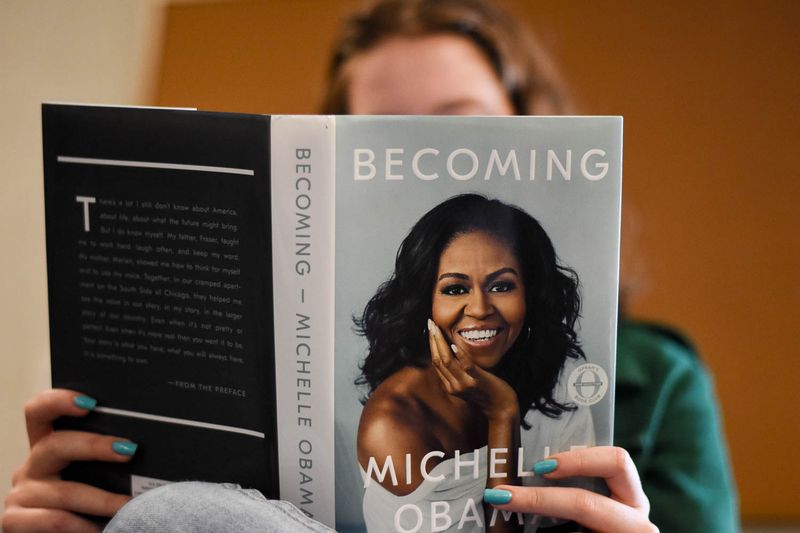
The former First Lady’s memoir traces her journey from Chicago’s South Side to the White House with warmth and candor. Obama shares her experiences balancing career ambitions with motherhood and marriage to a man whose political career transformed their family life.
Her reflections on race, class, and gender reveal the unique challenges she faced as the first Black First Lady. Stories from her childhood demonstrate how her parents’ emphasis on education and speaking up shaped her into a powerful advocate for others.
Beyond politics, this is ultimately a book about defining success on your own terms and finding purpose through serving others.
15. The Joy Luck Club by Amy Tan
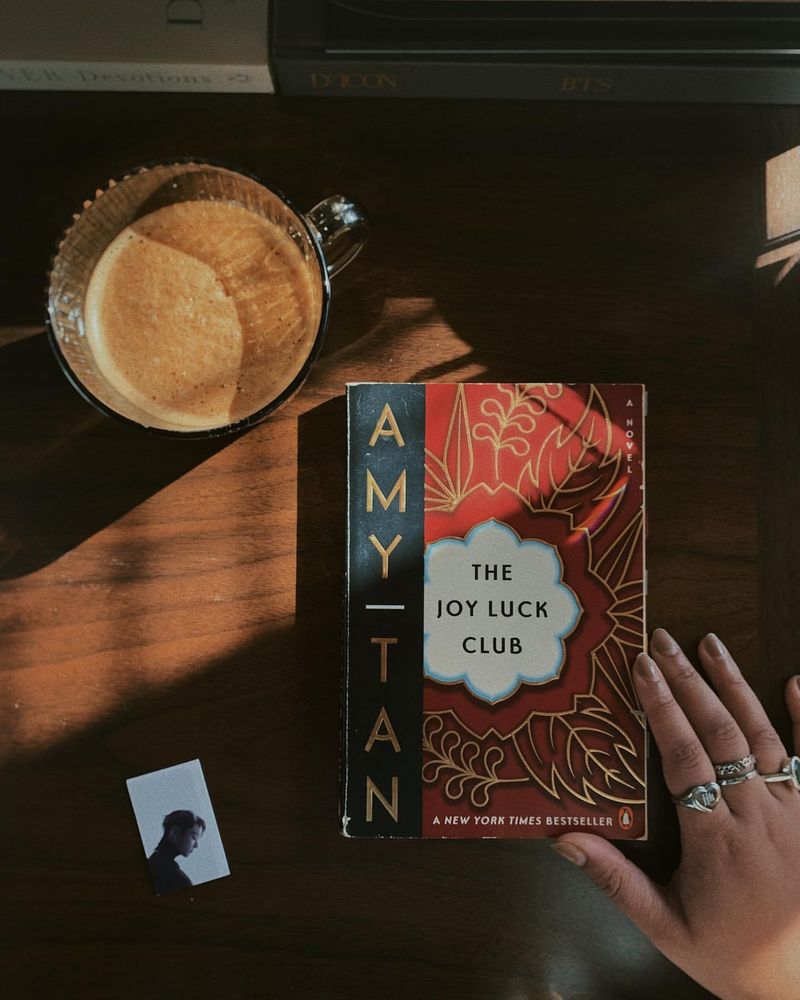
Four Chinese immigrant mothers and their American-born daughters navigate cultural gaps and unspoken traumas in this beloved novel structured around their mahjong club. Each woman’s story reveals how cultural identity shapes relationships across generations.
The mothers fled war-torn China carrying hopes, secrets, and traditions they struggle to pass on to daughters growing up in a different world. Misunderstandings arise from language barriers and unshared history, creating emotional distance despite deep love.
Tan masterfully weaves together sixteen interconnected stories that explore universal mother-daughter tensions while highlighting specific challenges faced by immigrant families balancing two cultures.

Comments
Loading…